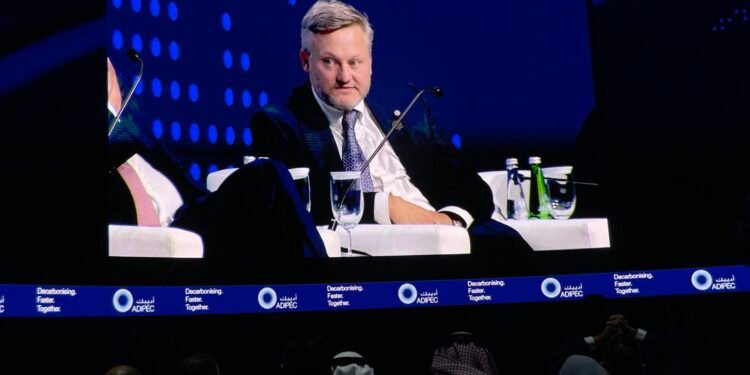BP PLC (LON: BP) has warned that it expects profit margins to slump this quarter due to a fall in oil trading and will be relying on an unlikely source of growth, electric vehicles, to steady the ship this year.
The oil company told shareholders on Friday that it anticipates an up to $600 million drop in profit from oil refining in the third financial quarter as a result of a fall in demand.
Ahead of its third quarter results announcement at the end of the month, BP said in a trading statement that it expects profit margins for refinery products to decline by $400m to $600, during the quarterly period, and for oil trading to be “weak”.
In its updated guidance for the period, the company said it predicts fuel margins will be broadly flat this quarter as seasonally higher customer volumes were partly “offset by costs”.
Crude
Average Brent crude prices were $80.34 per barrel in the third quarter, down from $84.97 per barrel in the previous financial quarter.
BP guided that its upstream oil production will be lower this quarter than the prior three-month period.
The company also said that although it expects oil production will be slightly higher overall this year, gas and low-carbon energy production will be lower.
This has left the oil company instead relying on the electric vehicle market to make gains in 2024, where it expects to see a rise in profit this year.
Maintaining its full year guidance for 2024, BP said it predicts higher volumes in convenience customers this year and expects growth in its profit margin for its bp pulse electric vehicle charging network
It said it anticipates “bp pulse margin growth” this year while fuel margins “remain sensitive” to supply costs.
Pulse
With fuel and energy security of growing concern, the vehicle market is rapidly changing.
According to the International Energy Agency, electric car sales grew by more than a third in 2023 across the world.
In just five years, electric vehicle sales have surged six-fold globally, with more car registrations for new electric vehicles registered last year in one week than in the whole year in 2013.
IEA figures show that almost 14 million electric cars were sold in 2023, 3.5 million more than a year earlier, a vast majority of which (95%) were sold in China, Europe and the US. That is six times more electric vehicles than were sold in 2018.
More than two-thirds of the electric vehicles sold in the global market are battery electric cars, according to the energy agency.
The market for energy production is also changing fast: the IEA said on Wednesday that half of world’s electricity production will be renewable by 2030, though this is still short of targets.
The agency said renewable fuels, hydrogen and e-fuels account for 15% of the forecasted growth in renewable energy demand this decade.
Transition
Analysts have raised concerns that BP has so far failed to offer clarity about its energy transition targets.
Reports emerged earlier this month that BP’s chief executive Murray Auchincloss intends to scale back the company’s previous goals to decarbonise, which had included a target of cutting oil and gas output 25% by 2030.
In April, the oil company reportedly cut more than a tenth of the headcount at bp pulse as part of the new chief executive’s plans to focus on profitable segments amid investor caution around former CEO Bernard Looney’s plan to transition to low-carbon energy.
These changing times may force the company’s hand as it confronts a quarterly drop in demand for refinery products and anticipated growth in electric vehicles.
Panmure Liberum analyst Ashley Kelty said on Friday that the general tone of BP’s trading update “appears to be downbeat”.
“Margins in downstream are getting squeezed with refining margins lower, and oil trading revenues lower,” said Kelty. “Softer commodity prices will also impact the performance.”
Analysts observe that BP has offered less granularity in its yearly forecast compared to peers such as Shell (LON: Shel).
“BP performance has lagged below peers as investors aren’t enthused at historic investment in low margin renewables deals,” said Kelty.
BP did not return comment on whether it intends to invest more in electric vehicle charging network bp pulse this year, or on the reported headcount reduction, before publication.
Auchincloss now faces a choice, appease its traditional stalwart investors or capitalise on changing headwinds through market disruption.
Recommended for you










